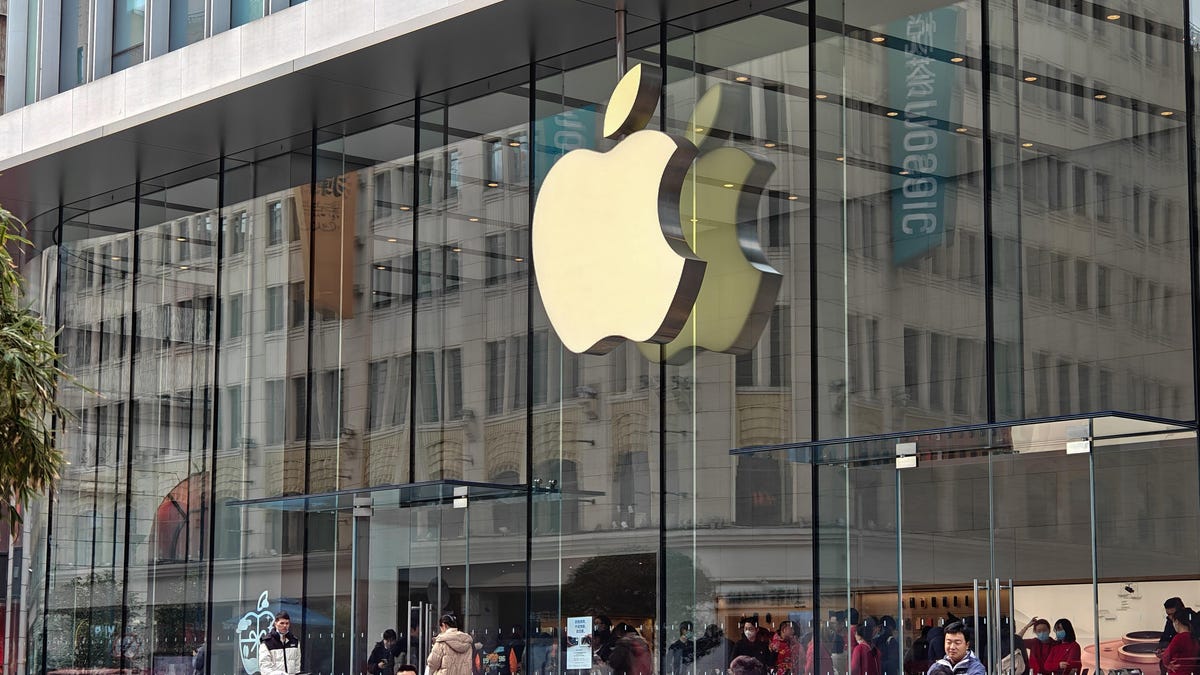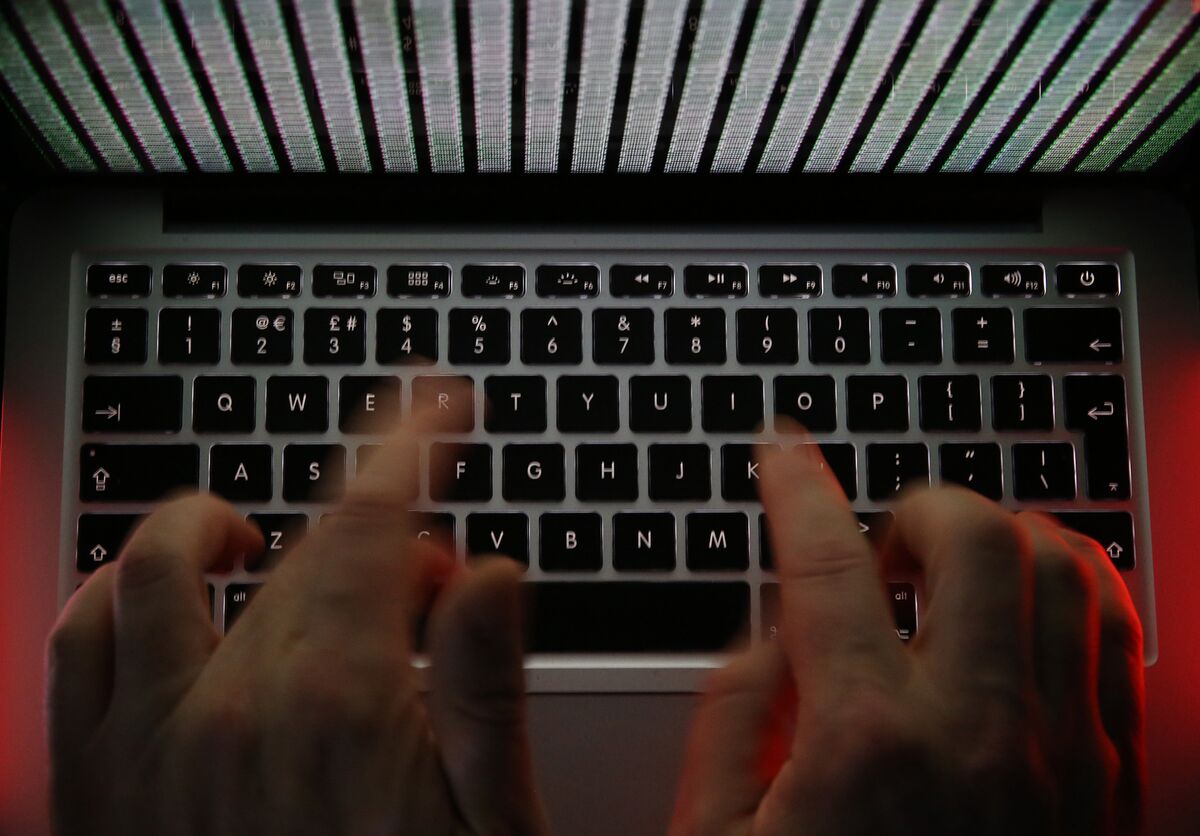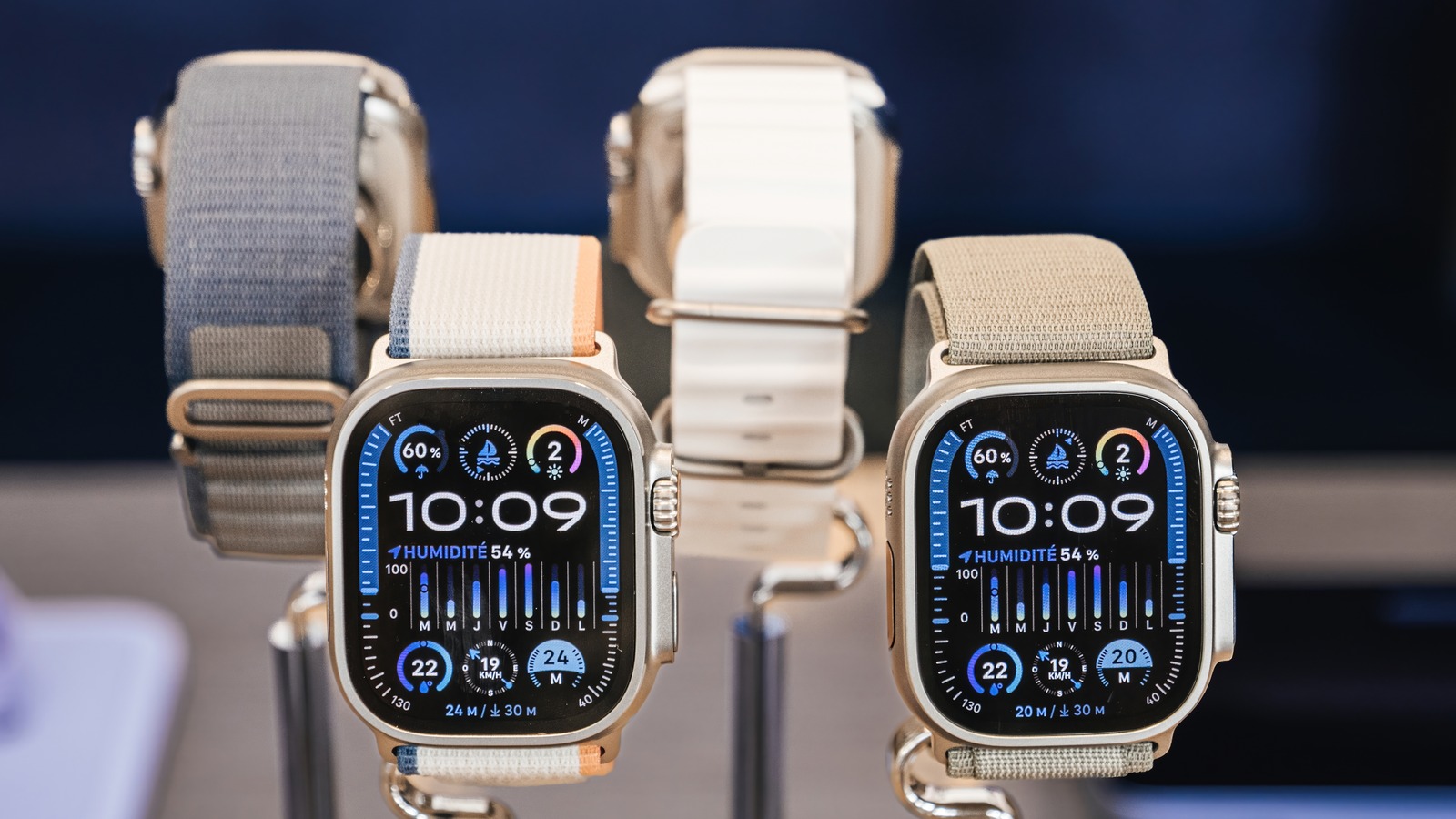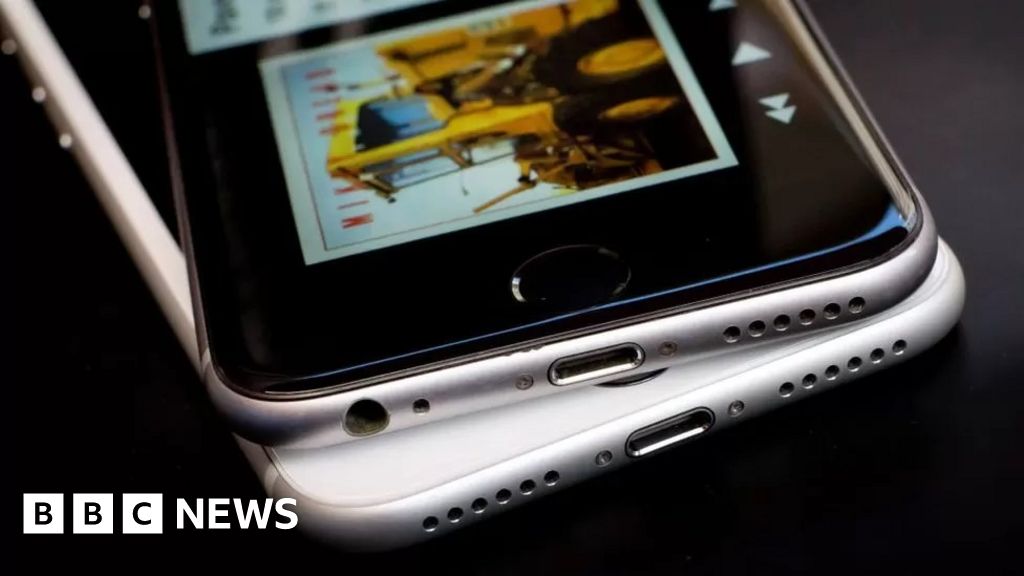
Key Takeaways:
Unlocking Justice: Apple’s Compensation to iPhone Users
Apple, the renowned tech giant, has recently made headlines with its compensation program for iPhone users. The company is offering $92 payments to certain iPhone owners as part of a settlement related to iPhone battery performance. This move comes after Apple faced scrutiny for intentionally reducing iPhone performance on older devices. In this article, we will explore how Apple is compensating these iPhone users and shed light on the details of this program.
Before diving into the compensation program, it’s important to understand the context surrounding the issue at hand. Starting with the release of iOS 10.2.1 in January 2017, Apple introduced a feature to address unexpected shutdowns on some iPhone 6, 6 Plus, 6s, 6s Plus, and SE models. These unexpected shutdowns were primarily caused by aging lithium-ion batteries unable to deliver the required power all at once.
Unfortunately, this update sparked controversy with iPhone users who reported feeling that their iPhones became noticeably slower. Numerous lawsuits and public backlash ensued, prompting Apple to address the issue with a series of changes, including the aforementioned compensation program.
The Compensation Program
The compensation program was initiated as part of a class-action lawsuit settlement named “In Re Apple Inc. Device Performance Litigation.” This settlement is open to owners of certain iPhone models who meet specific criteria in terms of device eligibility and iOS version:
- iPhone 6, 6 Plus, 6s, 6s Plus, SE, 7, and 7 Plus models running iOS 10.2.1 through iOS 11.2 versions.
Eligible users who complete the claim process and fulfill the necessary requirements will receive a one-time payment of $92 as compensation for the “alleged inconvenience and loss of value caused by the alleged performance management” implemented by Apple. The payment will be made via electronic funds transfer or through a prepaid virtual card.
The Impact of the Compensation Program
Apple’s decision to compensate iPhone users demonstrates its commitment to addressing users’ concerns and rectifying past grievances. The $92 payment offers a small restitution and an acknowledgement of the inconvenience faced by certain iPhone users. This compensation is also aimed at reducing future legal costs for Apple by resolving any pending or potential legal disputes related to iPhone battery performance.
By implementing the compensation program, Apple hopes to rebuild trust with its customer base and restore its reputation. Users who feel they were negatively affected by the intentional performance throttling can now be reassured that their concerns have been considered, and actions have been taken to redress the situation.
It is also worth noting that Apple has since made changes to improve transparency and give users more control over performance management on their devices. iOS 11.3 released in March 2018 introduced a feature that allows users to manually enable or disable performance throttling, depending on their preference and battery health.
Conclusion
Apple’s compensation program for eligible iPhone users is a significant step toward justice in addressing past grievances related to iPhone battery performance. This program signifies the company’s commitment to customer satisfaction and resolving issues as swiftly as possible. By compensating users and implementing changes to enhance transparency and user control, Apple aims to rebuild trust and ensure a better user experience in the future.
Source: insidertechno.com


/cdn.vox-cdn.com/uploads/chorus_asset/file/25206283/scene_night.jpg)


![Dive Into the Magical World of Google’s Bard Assistant: Exploring its Sleek UI for Android [Gallery] Dive Into the Magical World of Google’s Bard Assistant: Exploring its Sleek UI for Android [Gallery]](https://i0.wp.com/9to5google.com/wp-content/uploads/sites/4/2023/10/google-assistant-with-bard-cover.jpeg?resize=1200%2C628&quality=82&strip=all&ssl=1)

